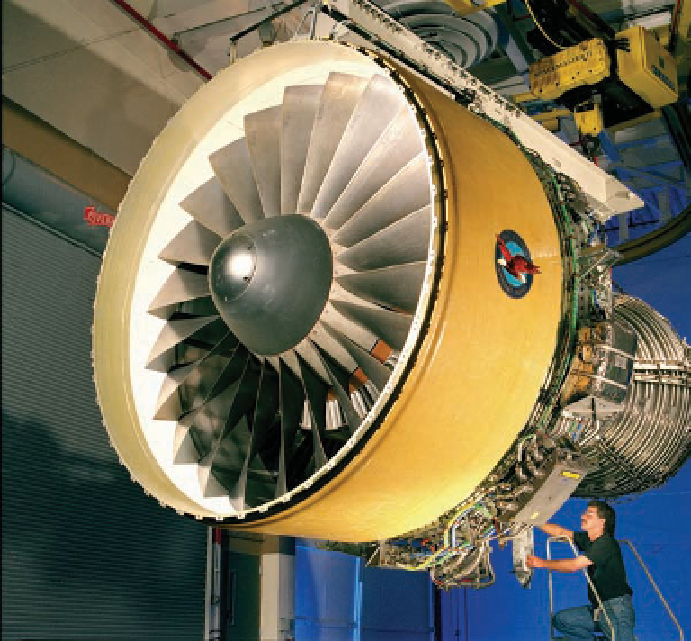Information Technology Reference
In-Depth Information
According to Carol Csanda, director of knowledge management at State Farm Insurance,
“We feel at State Farm that everybody's role is in some way about managing and transferring
procedures, software, databases, and devices used to create, store, share, and use the organi-
contains some KMS components to dedicated systems designed specifically to capture, store,
company, “We have learned that every time staff leaves our companies, their knowledge has
gone with them and our knowledge is gradually reduced. Hence, we put knowledge man-
agement in the group's strategy to ensure our staff at all levels can maintain knowledge at all
able to win the Most Admired Knowledge Enterprise (MAKE) award in Asia. Other orga-
nizations also face the loss of knowledge when workers leave or retire. According to a
spokesperson for the Aerospace and Defense (A&D) organization, “Knowledge management
represents a major issue for A&D organizations, as they stand to lose decades of accumulated
institutional knowledge and expertise each time an employee retires. This is particularly true
for program managers and engineers, whose retirement rate nearly doubled between 2004
and 2005.”
5
Overview of Knowledge Management Systems
Like the other systems discussed throughout the topic, including information and decision
support systems, knowledge management systems attempt to help organizations achieve their
organizations, it can mean providing better customer service or providing special needs to
people and groups. Many types of firms use KMSs to increase profits or reduce costs. Pratt
& Whitney, for example, uses knowledge management systems to help it deliver information
Bank uses knowledge management to obtain, share, and use knowledge to help fight world-
likely to innovate and perform better.
Pratt & Whitney uses knowledge
management systems to help it
deliver information and knowledge
about its jet engine parts to airlines,
including Delta and United.
(Source: Courtesy of Pratt &
Whitney, a United Technologies
Company.)


